Environment and land
Forest Policy and Administration
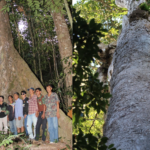
Forestry Laws, Plans and Policies2017 Constitution of the Kingdom of Thailand1941 Forest Law1961 National Parks Law (amended 2019)1964 National Reserved Forest Law1985 National Forest Policy (currently under the revision in 2020)1989 Logging Ban11992 Wildlife Conservation Law (amended 2019)1992 Forest Plantation Law and its revisions2002 Chainsaw ...
Forests and Forestry

Forests are an important ecosystem and key economic sector in Thailand, as well as being home to a large portion of the population.In 2018, forest products accounted for roughly 118 billion Thai Baht (3.9 billion USD) in exports1—or about 1.2% of all exported goods and ...
Social and Environmental Impacts from SEZ
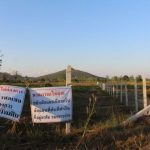
Thailand’s Special Economic Zone policy is intended to contribute to the economic of the less developed border regions to improve the livelihoods of their citizens. However, the process of the acquisition and development of the public land acquired for SEZs in Thailand has been shown ...
The Legal and Policy Framework for Special Economic Zones

Thailand is currently implementing a Special Economic Zone (SEZ) Development Plan to establish ten SEZs along the border regions of the country. However, the Special Economic Zone Act is still in draft form. It has been submitted to the National Legislative Assembly but is yet ...
Special Economic Zones

Thailand’s Special Economic Zones (SEZs) are regions recently designated by the Special Economic Zone Development Board of the Thai Government. In these zones, the state has planned to provide support for infrastructure development, investment incentives, and administrative services to enable access to foreign workers based to ...
Climate Change
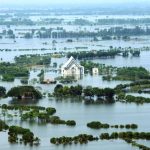
In 2016, Thailand was ranked 20th globally in terms of carbon dioxide (CO2) emissions, producing 0.9% of global emissions or 327 tons of CO2 annually. This corresponds to a per capita CO2 emission rate of 4.7 tons, which is slightly lower than the global rate ...
Environment and natural resources
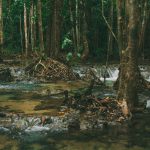
Thailand is a country rich in natural resources, which have played a significant role in supporting local livelihoods and driving economic growth. Forests, watersheds, marine environments, and mineral resources have all been instrumental in supporting the Thai manufacturing, export, and tourism industries. However, rapid economic development ...
Land
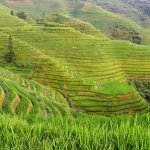
The most prosperous country in the Mekong region, Thailand also has the longest-standing land policy and practices, including an uninterrupted tradition of private land ownership. The Land Code Promulgating Act was issued in 1954 and was most recently amended in 2008.1 This legal framework has ...

